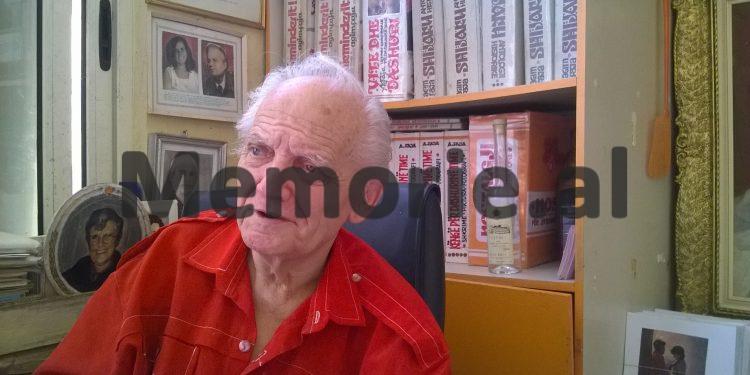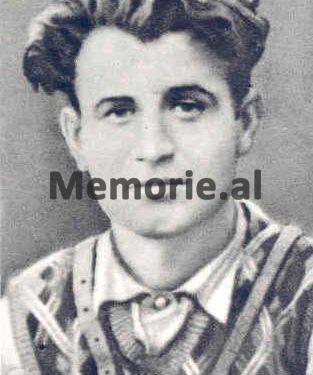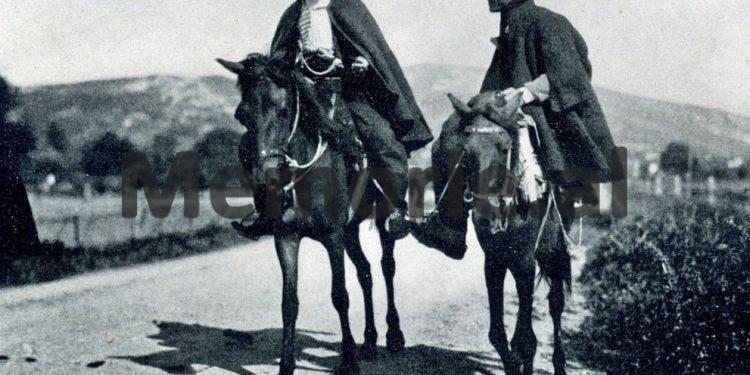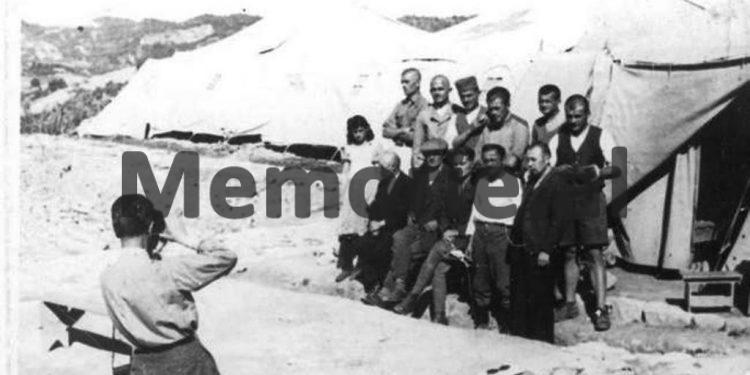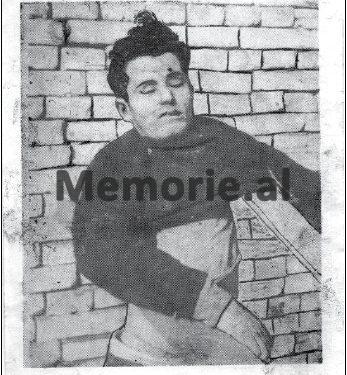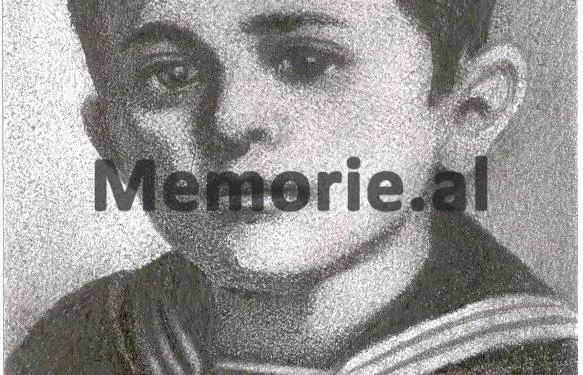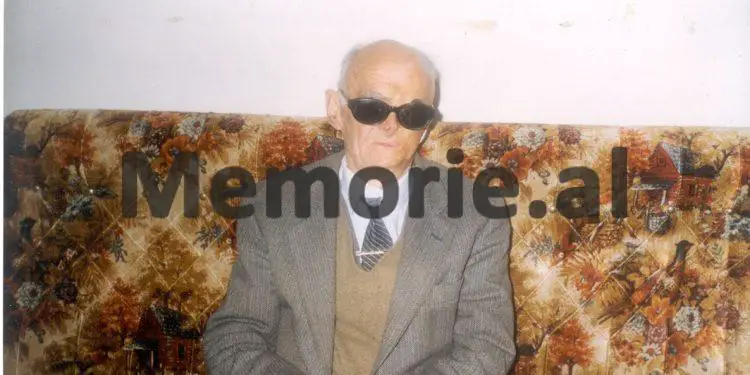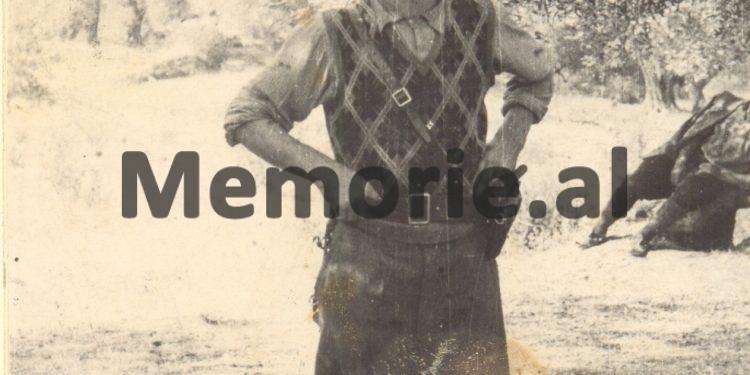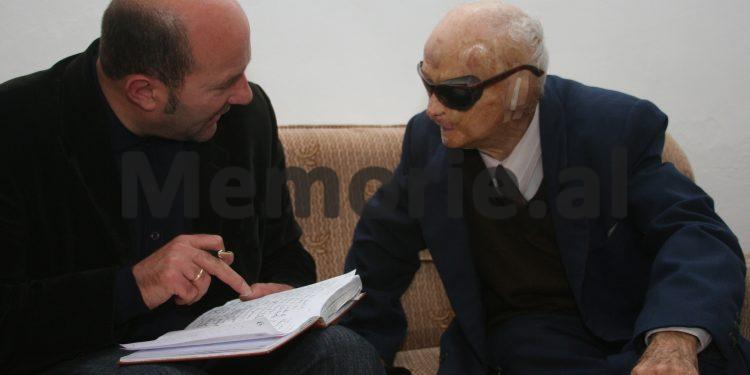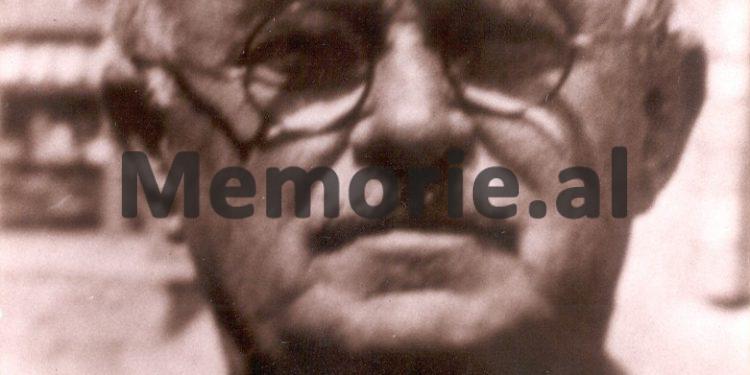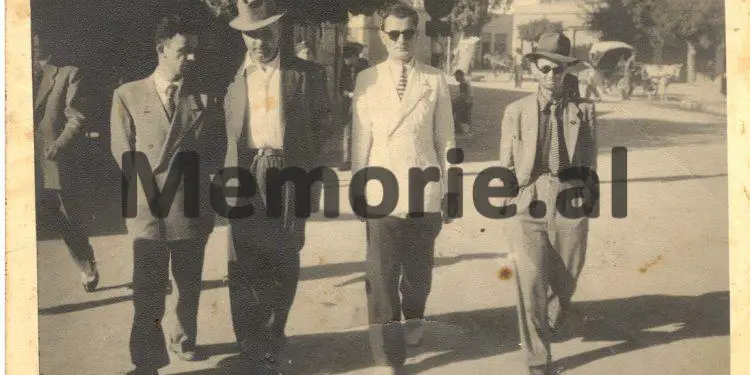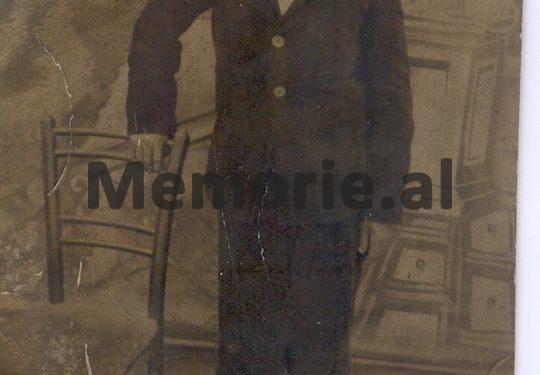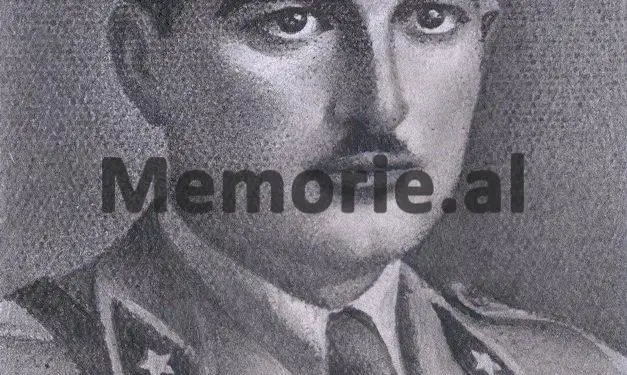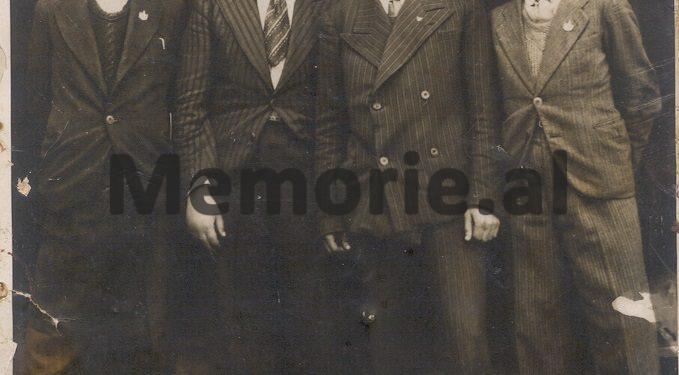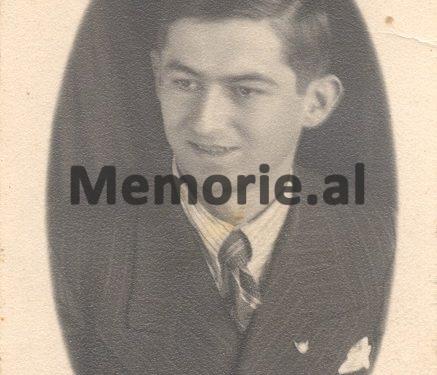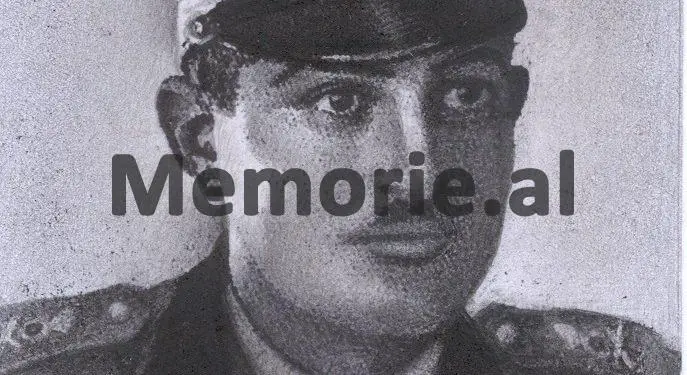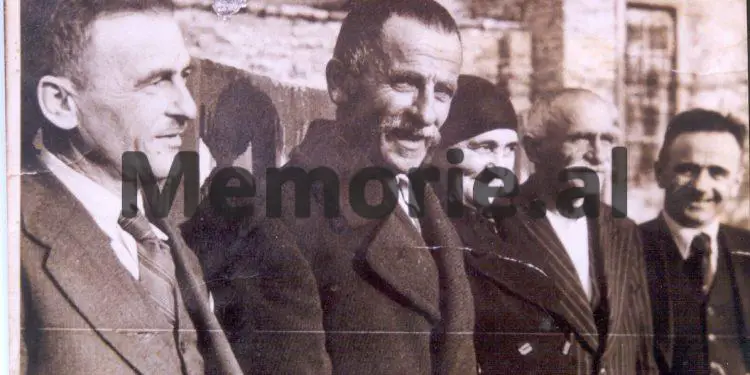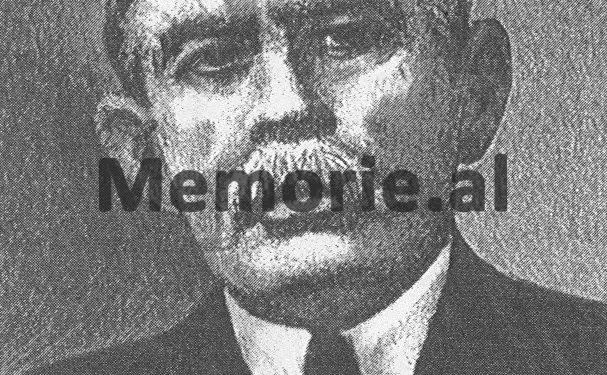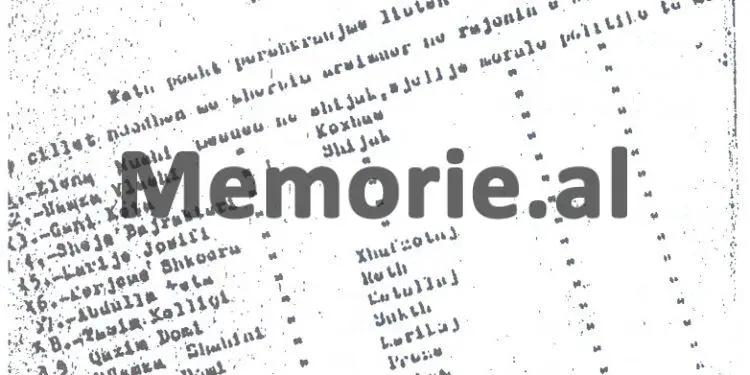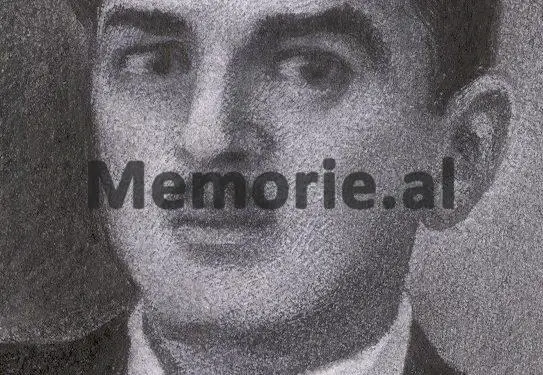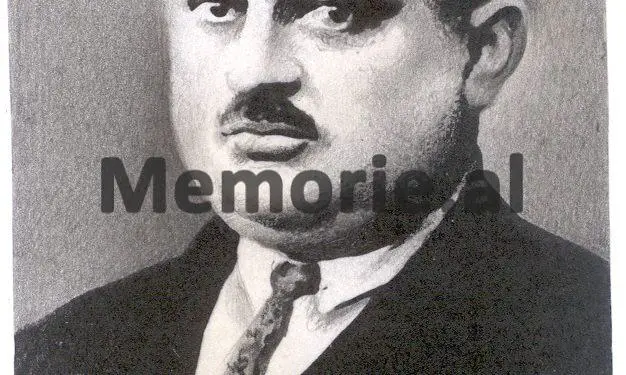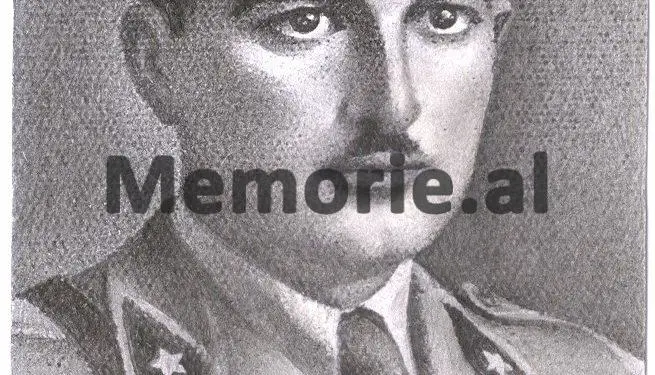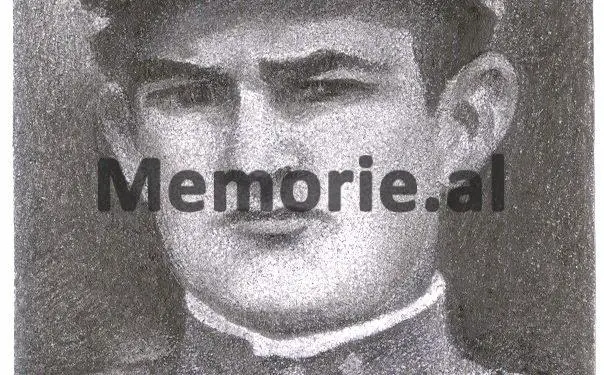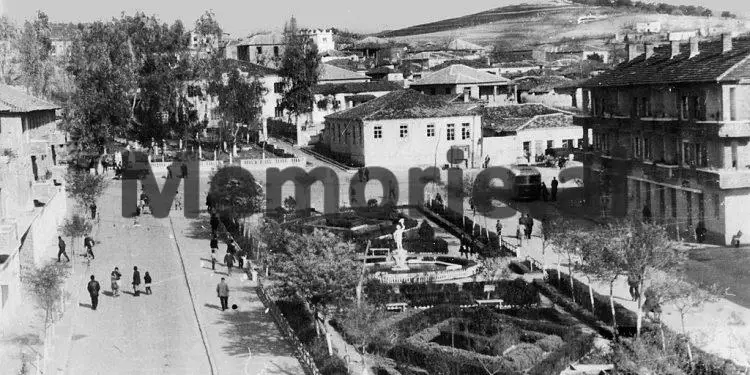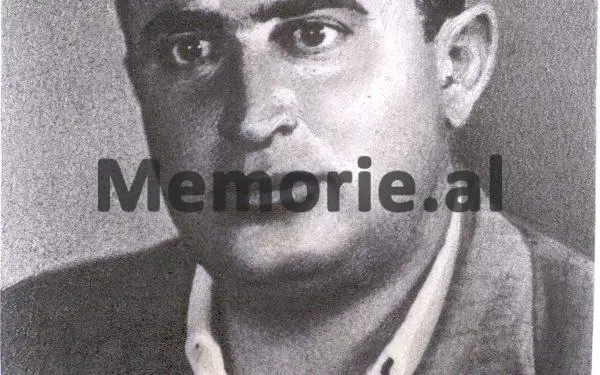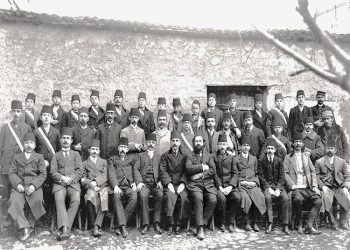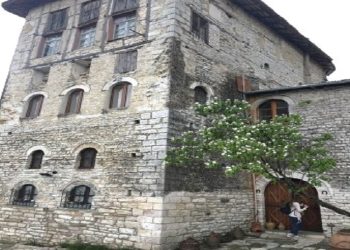Dashnor Kaloçi
Memorie.al publishes the unknown story of the great Deliallisi family from Central Albania, whose earliest origins are from distant Persia, and its ancestors have been known as the founders of the Shijak town since 1885, when the first of these the tribe, Sali Bey Deliallisi (Shijaku), descended from Shahinaj village and settled in the center of today’s Shijak, where he set up the first shop, which is also known by the renowned Zogu Monarch researcher, Teki Selenica, of which confirmed it in his book, “Albania in 1927”. Engagement of the Deliallisi family in the movements for seceding the country from the Ottoman yoke, where two of the men of this tribe, Xhemali and Imer Deliallisi, participated as delegates and representatives of Shijak in proclaiming Albania’s independence in Vlora on November 28, 1912. and then at the Lushnja Congress in 1920, where Imer was elected senator of Durres along with Mytesim Klicic, Irfan Ohrid and Veli Kraj.
The education of the boys of that family at the military academies of Italy and Turkey during the period of the Zog Monarchy, such as Mustafa Deliallisi, who after graduating from the Torino Military Academy, served as head of the Recruitment Office in Librazh and Mat, to was subsequently appointed as Commander-in-Chief of the Ulcinj and Shijak Gendarmerie, where he was captured April 7, ’39, fighting alongside Major Abaz Kupi against the Italians. Their involvement in the Anti-Fascist Movement, such as Captain Mustafa Deliallisi, who sent out large sums of aid to Peza’s Ceta after having close friends Shaqiri and Myslym Peza, who wanted to join that group but encountered opposition from senior Communist leaders attending. near her. Riza Deliallis’s testimony of how the Communist crackdown on that large family, where the War was not yet over, the Partisans executed without trial in the villages of Arbana, Kapllan, Jakup, and Shefqet Deliallisi, in 1946 they strangled Beqir Deliallis in torture. In 1947, Tefik Deliallis was shot dead with the “Group of Deputies”, in 1948 they were shot dead, in Delip Deliallis, in 1950, they killed Captain Mustafa Deliallis and Bujar Deliallis who committed suicide in prison by torture. continued where most of that tribe ended up in the prisons and internment of the Enver Hoxha communist regime.
“Enver Hoxha’s Communists had begun attacking our great Deliallisi family since the War, in early 1944, when they killed without trial in the village of Arbana, my father’s first two cousins: Kaplan Dalip Deliallisi, and his brother, Jakupin. The same day, along with Kaplan and Jakupi, the Communists executed their nephew, Shefqet Ymer Deliallisi. As if these three victims were not enough for our tribe, shortly after the end of the War in 1945, the Communists arrested Beqir Ymer Deliallis and tortured him in the Durres prison without trial. Following Beqiri’s assassination, the Communists arrested Tefik Masar Deliallis, accusing him of collaborating with the “Group of Deputies” and shot him on the bank of the Tirana River. After this, in 1948, Kaplan’s son, Dalipi, who had gone up the mountain after his father’s murder, was killed in an attempt by the State Security Forces and Tracking Wards to kill the Communist oppression. At that time, Mustafa Deliallis, the last son of Dalip Bey Deliallis, was also killed in an attempt by State Security forces. The brutal genocide of the Communists against our family did not end with the killing of these seven men by our tribe, as at that time, under the great pressure of the State Security, committed suicide in prison, also Shaqir Deliallis’s son, Bujari, who At that time he was not yet in his twenties and was the last to lose his life in the terror of the Communists because later on, other men from our tribe, including Abaz Mersin Deliallisi, Selami, were arrested and fined. Shaqir Deliallisi and Skender Gani Deliallisi. Also in 1948, I was arrested by the Communists and I was tortured by them inhumanely for four months. ” This is how Riza remembered Xheladin Deliallisi, one of the oldest men in the great Delialli family, who recounts to us all the tragic stories of his tribe. What is the past of the Deliallisi family and who were the two wise men of that house in Central Albania, who signed with Ismail Qemali in Vlora the act of proclaiming Albania’s independence in November 1912? Who were the other prominent men who came out of that large family, where they had graduated, and what their fate was, in the period of the Zog Monarchy, in the years of Nazi-fascist occupation of the country, and in the communist regime of Enver Hoxha?
follows from the previous number
Mustafa’s deal with Kajo Karafili
Regarding Mustafa Deliallis’s activity until September 1943, while serving in the Shijak Recruitment Office, “Merit Painter” Agim Faja, who comes from this family, told us: “At that time a situation was created for Mustafa Deliallis he and his family were to be guarded by both the Italians and the Albanian communists. About this Mustafa’s daughter, Beauty told me: In April 1943, our family was followed by the Italians, as our father, being a nationalist, had refused to wear the black fascist shirt. To escape their pursuits, all night, riding in a chariot covered with straw, they took us to the village of Rrubje where we took refuge in the house of Haji Lala. After passing through Shilore, a week later came Kajo Carnival, who took us and took us to Cameras that same night. Three weeks later, since the Italians had occupied the house, we went to Uncle Kaplan’s house. Since Mustafa Deliallisi had a close friendship with Kajo Carnival, they had both made a pact, where: neither Kajo had to take action in the Shijak area to eliminate various people whom the Communists saw as enemies, and neither did Mustafa it should not have excited the Shijak Communist youths who had their ideals, even though they did not conform. In August 1943, when the Mukje Conference was held, Mustafa was invited by his close friend, Abaz Kupi, but he did not attend because he was well aware of the Communist devilish intentions. After the Communists broke the Mukje Agreement, Mustafa Deliallis tried to maintain an intermediate position as he was in his hometown where he had many acquaintances and friendly connections. Although he knew where the Communist bases were located, some of which were around his home, where the National Liberation Councils operated and where Communist youth meetings were held, he did not hit them and tried not to confront his own citizens. Mustafa was a staunch nationalist but also a sworn anti-Communist, and yet he did not arrest any Communists, but Mustafa was concerned when the Germans arrested any of them. This is also indicated by an archival document dated 25.03.1944 (ACA, fund 470.The Year 1944, file 2, p. 1), where the captain of the gendarmerie, Mustafa Deliallis, was asked for information by the Germans on Shijak’s teachers… In the list of these, with the exception of Suleiman Rosteni from Rada, Mustafa has written to everyone else that they are of good political behavior. Likewise, in November 1944, when German forces under the codenamed Operation Hefenfarht arrested hundreds of Shiites who sent them to the Erzen coast to execute them, Mustafa Deliallis immediately went there and told the regiment commander German, to release them immediately, becoming the guarantor of his life. Among those Shijaks detainees whom the Germans had put in the throat of a machine gun, there were many Communists who survived only because of Mustafa’s intervention. Thanks to his intervention, no Turks were interned in German concentration camps in Pristina or Zemun in Yugoslavia, “painter Agim Faja told Mustafa Deliallis, who, under an agreement he had made with Kajo Karafili, would not harass the Shijak Communists.
It did not allow rape of Kajo’s corpse
After September 1943, when Fascist Italy capitulated, Ustafa Deliallisi assumed the post of Lieutenant-Commander of the Shijak Gendarmerie, a position he held until the end of the war at the end of 1944. : “I was told by some Shijakian veterans, on January 10, 1944, when the brutal Kajo Carnival was killed at the battle of Lis-Patros, his body was displayed in Shijak’s Bazaar Square, in front of the school’s façade. The body of Kajos was lying on the ground, and those who had brought her had initially tried to arm her with two long, big bushes so that she could stand behind the wall, but could not. These very inhumane maneuvers also protested the people who had gathered there. When he had come from Durres in his car, Faye Bey (Mustafa Deliallisi), very nervous, had run into the crowd and scattered them. After that, he sent his driver, Myrte Varoshi, to buy some camber, with which he covered the body of Kajo, who then boarded him in a car and headed for Kavaja. On the same day, Mustafay had a bad fight with those who brought the body of Kajo Karifili to Shijak, as he did not allow anyone to rape the corpses as if they were his opponents.
The assassination of Kapllan, Jakupi, and Shefqeti
In November 1944, when Mustafa Deliallisi was still in the post of Shijak District Commandant, the Communists caused a great tragedy to the Deliallisi family, executing three of them. Regarding this, the painter Agim Faja said: “On the eve of the end of the war, Mustafa received a letter from Dali Ndreu, who had been students together at the Military Academy in Turin and had been brazen with each other. At that time, Mustafa’s two brothers, Kaplan and Jakup, as well as their 24-year-old nephew, Shefqeti, (son of Imer Bey), decided to go to the Partisan Headquarters in Peza. Mustafa, who had a bad experience with the Communists, advised them not to go by saying; ‘If you listen to me, you better go and bathe in the sea and drown there yourself than go and surrender yourself to the partisans. They have no faith. ‘ And the truth just happened. As soon as they went to Arbana with a pawn, he had seen one of the senior partisan commanders and asked them who they were. Upon learning that they were from Shijak’s Deliallis, he shouted: ‘Aaaa … Shijak’s Beys ?! To be shot without trial. And as it happened, Kaplan, Jakupi, and Shefqeti were occupied on the spot on November 3, 1944, in the village of Arbana. ”
Mustafa’s suicide
In late November 1944, when many of the main exponents of the nationalist organizations, the Balli Kombëtar and Legality, left Albania, Mustafai refused to leave, even though he received a letter from his close friend, Abaz Kupi. After the Germans left Shijak on November 16, 1944, Mustafa went home to say goodbye to his family, and he told them his plan to go up the mountain. By the beginning of 1945, he had formed a group of 40 and operated in the areas of Vora, Manza, Sukthi, Rashbull, and Shijak villages. A week after his appearance on the mountain, the Communists exiled his entire family to Berat Fortress. While Mustafa was hiding in the mountains, he was greatly helped by Shaban Shahini, who moved him from house to house with his recipe. With Shabani’s reconciliation, Mustafa went all the way to Tirana, where he attended a meeting in Durres Street. He was besieged twice by the Tracking Force at Rashbull and Manza, but both managed to break through the siege and remained on the run until the end of 1948. Concerning Mustafa’s assassination, his niece, Fitnetja, relates: “Our uncle Mustafa was killed in our house on December 18, 1948. He had come in secretly but that night someone had seen and spied on him. Immediately after the alert, the Pursuit Command arrived from Tirana, commanded by Colonel Kadri Hazbiu, who knew Uncle Faja well. By a megaphone, Kadri called on him to surrender, but Faya did not answer. Kadri then called Skender and me, instructing us to go and talk to Uncle Faye. We told Kadri’s words, but he replied: ‘Listen to the evil uncle here, when I set out on the mountain, I took it all into account, even death. Tell Kadri Hazbiu that Mustafa Deliallisi will not give up, but I will not have to fight with him. As soon as I burn these documents, I will “surrender” myself. When the gunshot is heard, tell them to get inside. When you meet her under Tushen, tell her that I brought her mother in law. ‘ Half an hour later, two shots were heard, and the Watchtower Commandant Kadri Hazbiu burst through the door, firing into the air. She was found dead near the chimney, resting on a pillow, with her right hand clasped in the handle of the revolver, whose mouth had been inserted into her mouth. Uncle Faja had killed himself, as his mother had commanded. The next morning at dawn, his body was exposed between Shijak and the party’s inmates, telling those in attendance that Mustafai had been shot in the clothes rack. After being left there for three days, they took him in a wheelchair and took him to bury him on the shore of Erzen,” recalled Ganimeti, the granddaughter of Mustafa Deliallisi, who killed himself so as not to fall into the hands of the Communists.
Massacre of the Deliallisians
The Communists’ revenge on the Deliallisi family that had begun since the November 1944 War with the assassination of Kaplan, Jakup, and Shefket did not end with Mustafa’s assassination, but it continued with other men of that family. Regarding this, Riza Deliallisi testified: “Immediately after the end of the War in 1945, the Communists arrested Beqir Imer Deliallis and strangled him in torture in the Durres Prison, without bringing him to trial. Following the assassination of Beqiri, the Communists also arrested Tefik Masar Deliallis, accusing him of collaborating with the “Parliamentary Group” and shooting him on the bank of the Tirana River. After this, in 1948, Kaplan’s son, Dalipi, who had gone up the mountain after his father’s murder, was killed in an attempt by the State Security Forces and Tracking Wards to kill the Communist oppression. The brutal genocide of the Communists against our family did not end with the killing of these seven men by our tribe, as at that time, under the great pressure of the State Security, committed suicide in prison, also Shaqir Deliallis’s son, Bujari, who At that time he was not yet in his twenties and was the last to lose his life in the terror of the Communists because later on, other men from our tribe, including Abaz Mersin Deliallisi, Selami, were arrested and fined. Shaqir Deliallisi and Skender Gani Deliallisi. Likewise, many families from our tribe ended up in exile where they suffered for years. ”Concludes his testimony, Riza Deliallisi, about the massacre that the Communist regime inflicted on his family and the entire Deliallisi tribe, which had eight men executed. political prisoners and many others who ended up in exile. He was then “rewarded” by the Communists Captain Mustafa Deliallis, the Commander of the Shijak Gendarmerie who had helped them during the War, and his brother, Ymer Deliallisi, in 1912, signed the act of independence with Ismail Kemal in Vlora. Memorie.al




